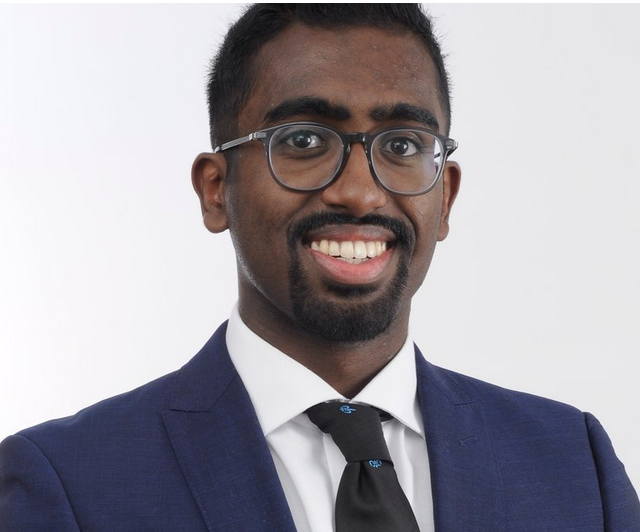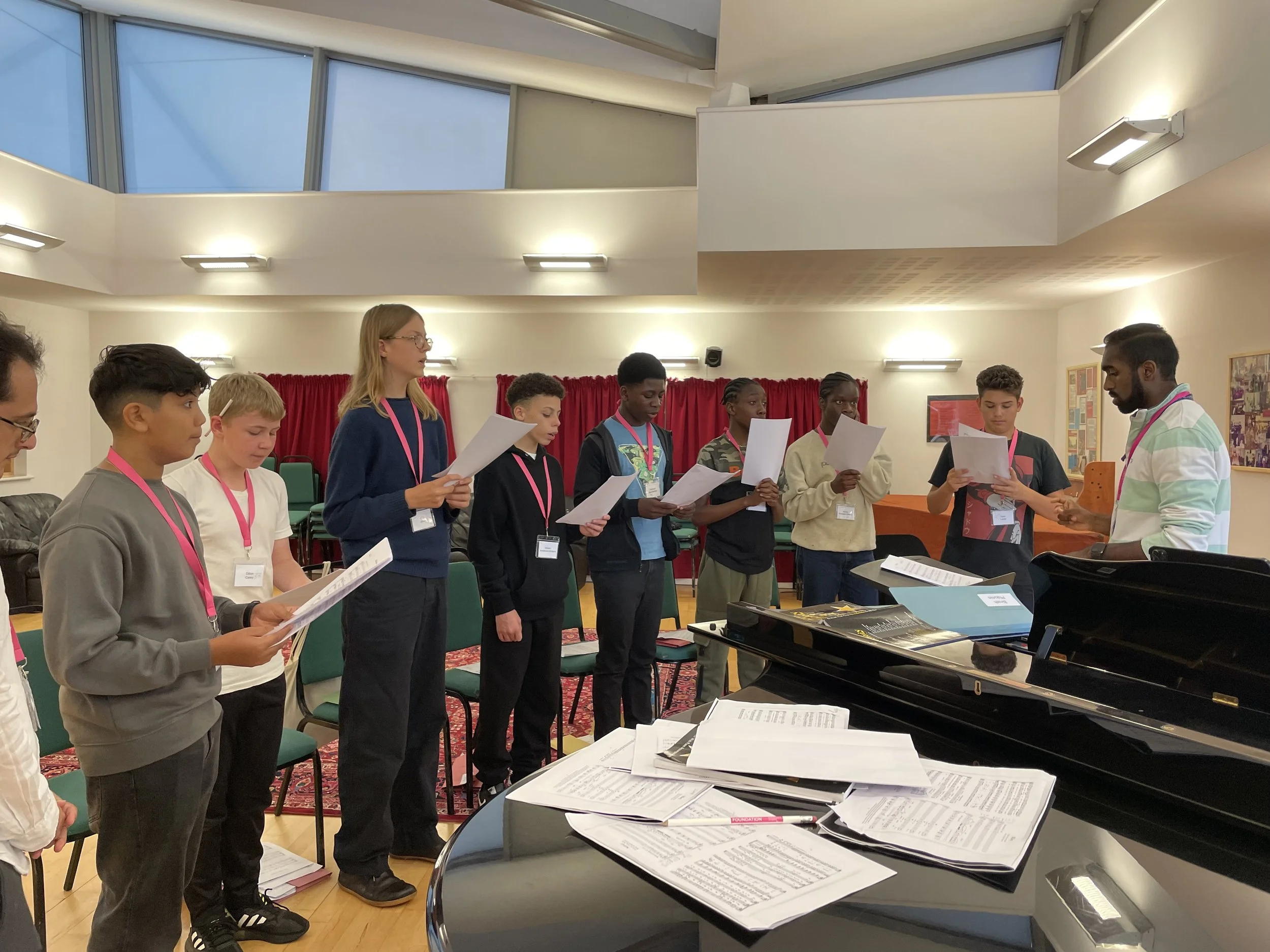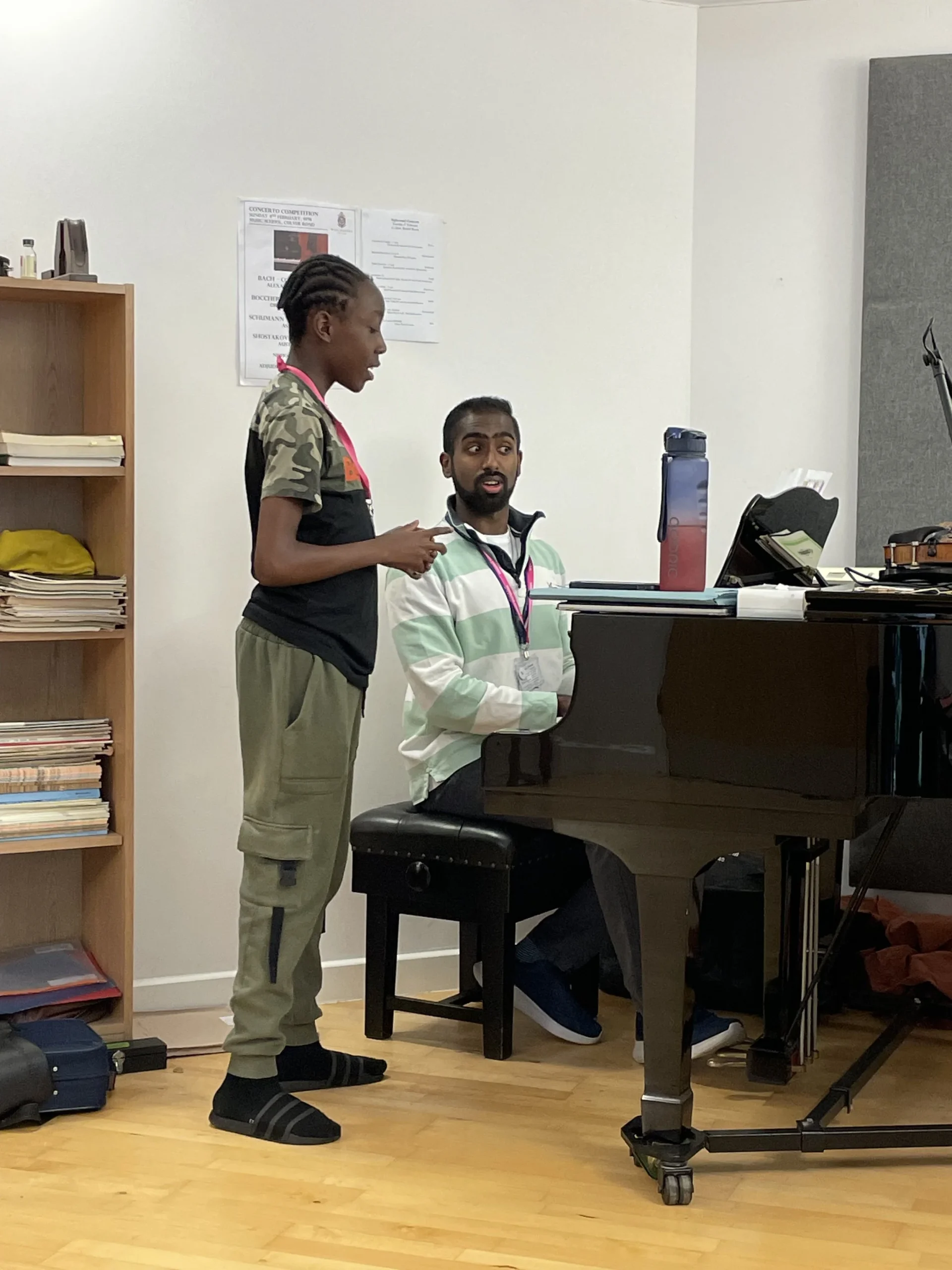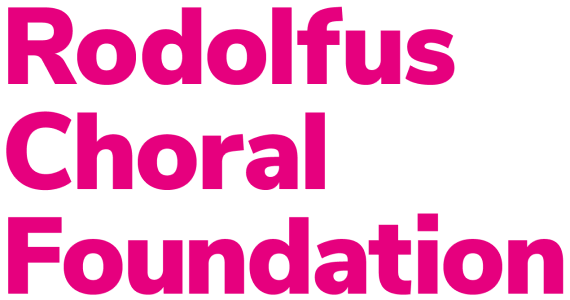Changing Voices – Interview with Binath Philomin

Annabel Price, General Manager of the Rodolfus Foundation, talks to Binath Philomin, Director of the Foundation’s new Changing Voices programme on the Rodolfus Junior Choral Courses about the importance of nurturing teenage boys through this stage of vocal development.
Why is a Changing Voices programme so important?
This stage of vocal development for teenage boys is really important particularly for those who have sung as trebles and since stopped, perhaps being out of singing for a number of years. It’s so easy for boys to feel as if they can’t get back into the choral scene and singing in general. Also with a fewer number of boys doing singing these days it can seem like a thing only the girls do.
To realise our ambitions, we are developing multi-income streams including Trusts & Foundations, private donors, friends & supporters, fundraising activities such as our Choral Weekends for adult singers and ticketed concerts given by the Rodolfus Choir.
Do you think the issue of teenage boys not continuing with their singing is greater than it ever has been?
This issue was always there but even more so now after the pandemic. At least two cohorts of boys missed out on singing for at least 2 years, so there’s been a stage where boys haven’t seen older teenagers enjoying singing and showing them the way.
Is there other provision available for young male voices that you know of?
Not enough! There are some cambiata choirs, but organisations who specialise in this stage and also develop each individual singer through a tailored programme of singing, I can’t think of any that are doing that. Some schools offer a choir for adolescent boys when their voices are changing but for me it still feels like it’s a demotion for them, like you’re getting worse before you get better. We must show boys the voice has actually just changed, it hasn’t just dropped off. The language we use around this is a big part of reframing the narrative.
Boys often stop completely when the voice starts changing. Is this a valid approach?
My advice would be that if things are uncomfortable and there is a limited ability to sing because the register is quite small there is a lot you can do to develop general musicianship like music theory and sight reading. Equally, if you can, boys should try singing even just a bit and as far as is comfortable to maintain their interest, gently develop vocal stamina and range, and start to work out technical issues.

What are the key steps you take when supporting the changing voice?
It’s important to identify what’s comfortable for them, and to build up confidence and vocal health as well as range and timbre development through exercises. The vocal technique, like breath support and placement of the voice, required for the changing voice is completely different from the treble voice and we find that’s a lot for them to take on board.
How long does it take for the changing voice to complete its transformation?
Your voice change can happen overnight, and equally it can happen over a number of years. It can happen around the age of 12 to 15 and up to 17 and even 18. Even as a young adult the voice takes several years to properly settle.
Why is the Rodolfus Foundation the organisation to address this?
What we are doing here is saying to boys and young male singers that they have the chance to build on the skills they already have. Whether they have a lot of experience or very little, we want to provide them with a programme that’s specific to their needs and their specific stage of voice change. We’ll take you as you are and we’ll build from this. We are well placed to give quality time, effort and energy towards these young singers, giving them a tailored and personalised course and the understanding and support they need to develop their adult voice when they return to school.

Tell me about the programme on the Junior Choral Courses.
The Foundation’s Changing Voices programme involves a number of bespoke elements. We take all young lower voices (teenagers undergoing adolescent vocal change), and we offer them one-to-one singing lessons with a specialist vocal coach and daily sessions in a changing voices consort where they study sacred and secular songs which they get to perform at the end of the week. We aim to choose a diverse repertoire that shows them the variety of paths available to them as singers if they seek to further develop their voice. In addition to this they are involved in whole choir rehearsals where they can further explore their changing voice, in the safe knowledge that they can take any challenges to the teacher later. This is really important because there are lots of questions and you do not always have the opportunity to answer them in a bigger choir. In an ideal situation, you want the attention and support from a specialist, to speak to someone in confidence to say this doesn’t work in my voice or I’m a little embarrassed about that crack on this note. How do I rectify this? You need to have the resources, the time and the energy to give that kind of support and that is what we are committed to on a Rodolfus Junior Choral Course.
What’s your advice to other organisations working with this age group?
Having the expertise and the time to work with each singer whatever their stage is crucial. What we’ve realised is that it needs dedicated vocal practitioners to work it out, plan, and deliver it. It’s about trying to make singing interesting, fun and fundamentally cool, so the young singer can continue to work at the same musical level, while feeling well-supported throughout the transition from high to low voice.
